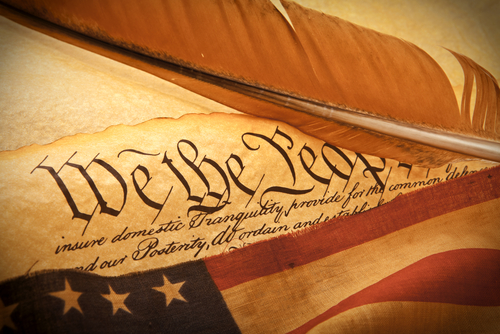
As you will see in the video below, the judge has reserved all rights to with hold evidence in the Michael brown case. However in the second video Forensic Pathologist Cyril Wecht discusses Michael Brown's autopsy report. He indicates the Officer Wilson used excessive force.
There was a leaked report by Fox28 news in Indiana that officer Darren Wilson has been indicted in the Ferguson, Missouri death of Michael Brown and then take the story down as shared in the third video below.
Could the Grand Jury be getting ready to indict Darren Wilson?
Cyril
Harrison Wecht best know for his consulting in numerous high-profile
cases and for his criticism of the Warren Commission's findings
concerning the assassination of John F. Kennedy. He has been the
president of both the American Academy of Forensic Science and the
American College of Legal Medicine, and currently heads the board of
trustees of the American Board of Legal Medicine. He served as County
Commissioner and Allegheny County Coroner & Medical Examiner serving
metro Pittsburgh.
For the moment, we’re all still waiting for a grand jury decision on whether Ferguson, Missouri police officer Darren Wilson will face a trial in the killing of 18-year-old Mike Brown. It would seem, though, that one local Fox affiliate either has insider info the rest of the planet doesn’t or, more likely, that somebody there accidentally hit “publish” instead of “save” on of those news items you just don’t want to be making a mistake with.
If Wilson is not charged, there will, undoubtedly, be a backlash. Many people consider an indictment as a step for justice -- not only in this individual case -- but in the larger effort of balancing the racial inequities in our justice system.
Conversely, a failure to indict Wilson will be seen as an indictment of the system. But that point of view is not only wrong, it is dangerous.
I fear that pinning significant civil rights issues to the facts of this case may serve only to foster more mistrust in the system. It will create a greater racial divide, and it will create another generation of disenfranchised young black men and women who are less willing to become police officers or legislators or attorneys or judges at the very time that we need their leadership most.
If the grand jury decides not to indict, they will do so because they concluded Officer Darren Wilson's shooting to be justified based upon his and Michael Brown's actions. While it is considered callous and insensitive to review the actions of a deceased person, it does none of us any good to ignore facts, should they exist. By doing so, we lose the lessons that may be learned from a dispassionate analysis of what actually happened that day, not what we as individuals, or we as communities, want to believe happened.
The decision to indict or not can be a catalyst for us to move further apart, or it can be seen as an opportunity to critically analyze how these tragedies are occurring and how to stop them in the future. That choice, no matter how it may go against the grain of our emotions, is a voluntary one, but we must decide on the latter.
I will be following this Ferguson Grand Jury decision as it unfolds. From what we know so far the decision could go either way.




